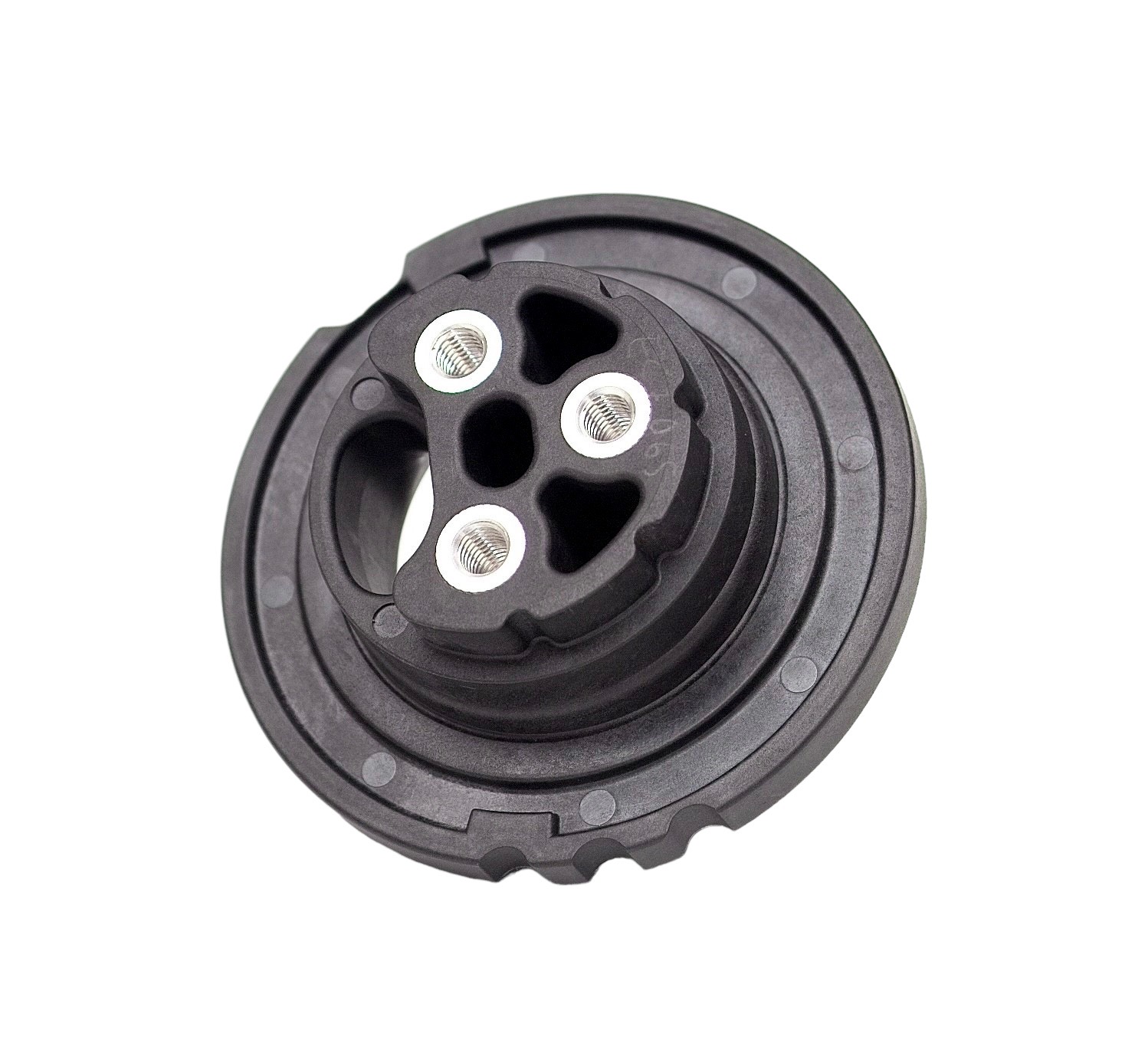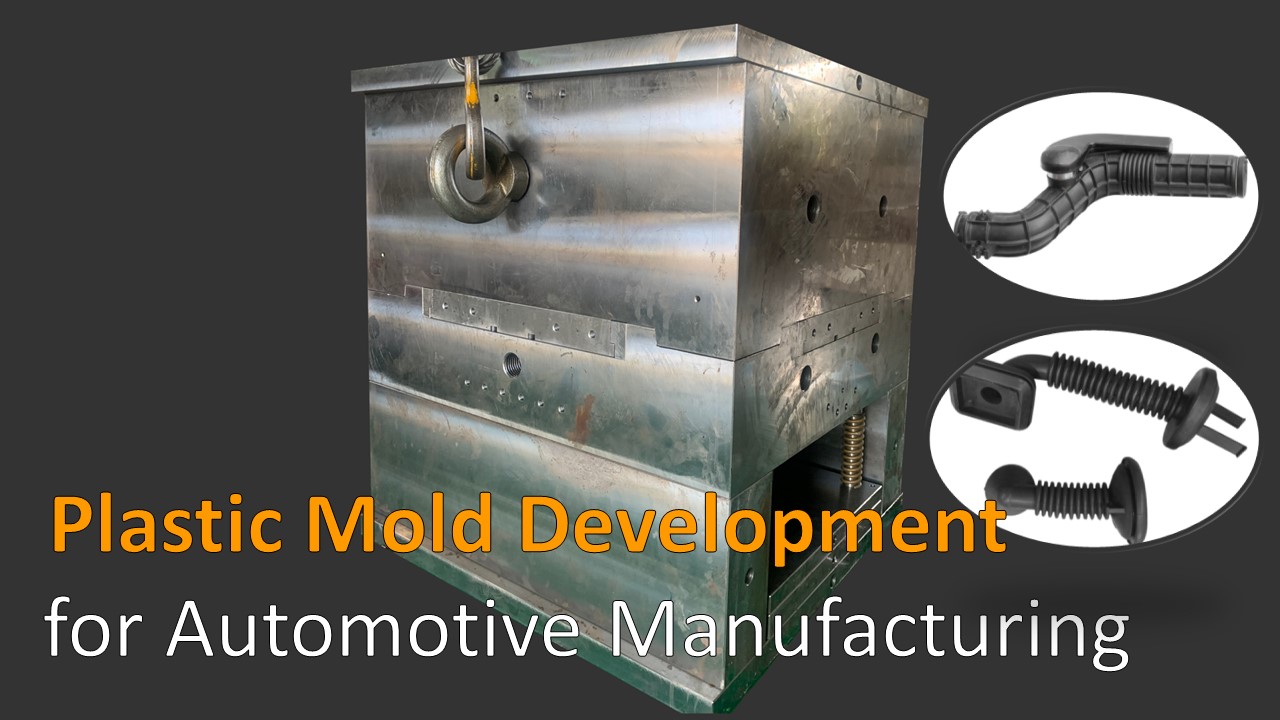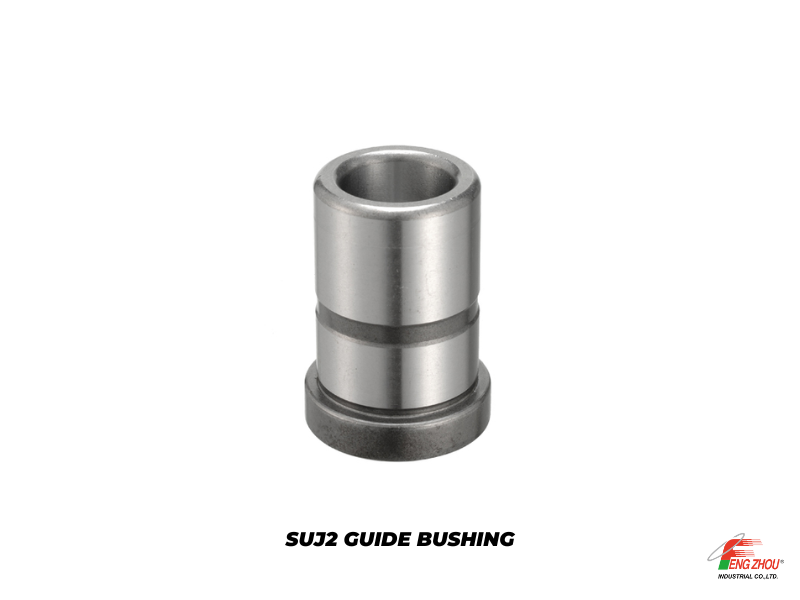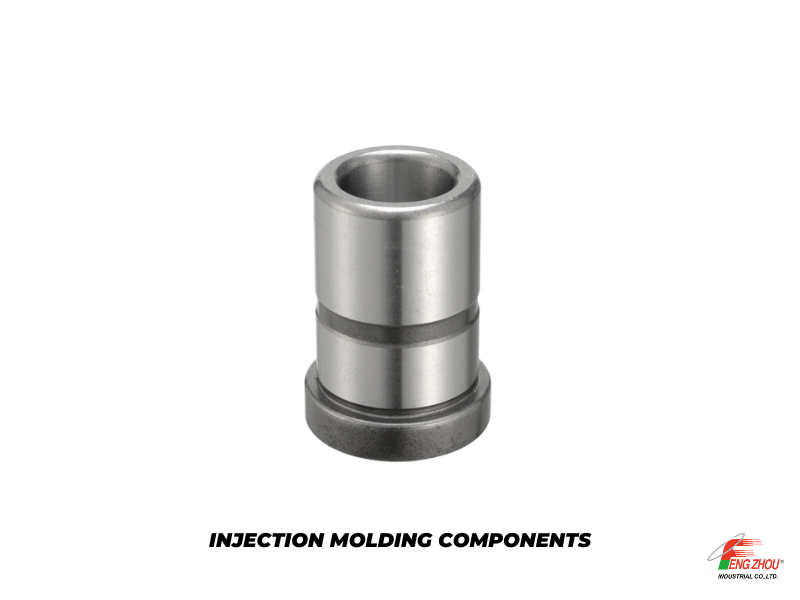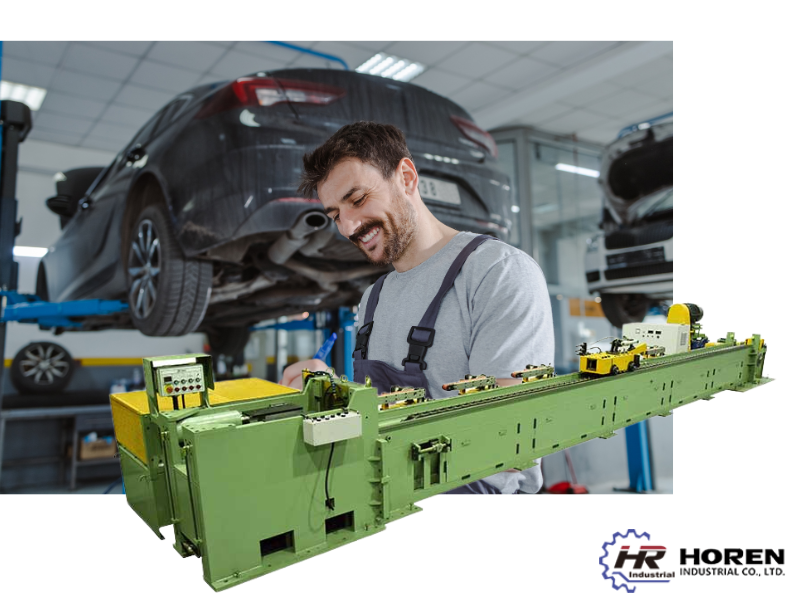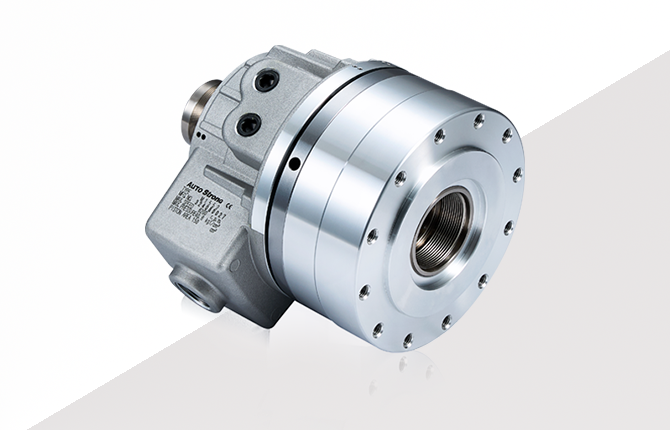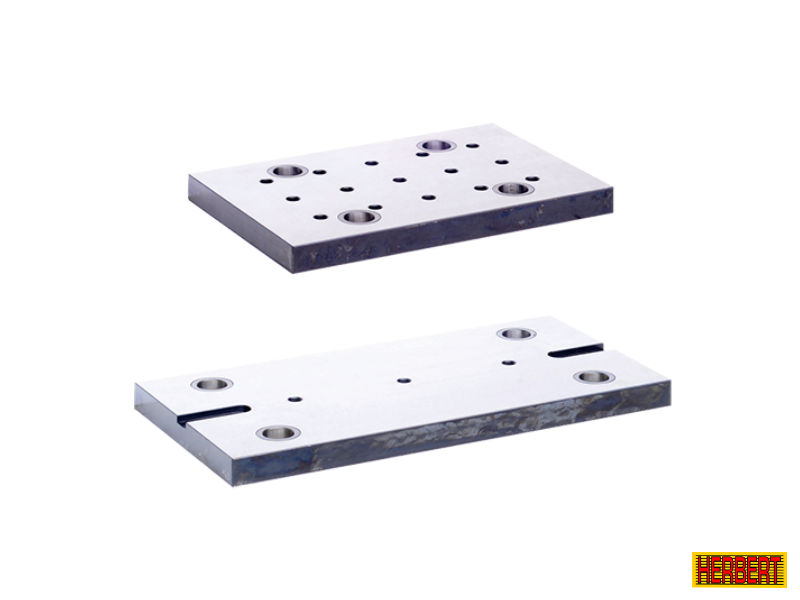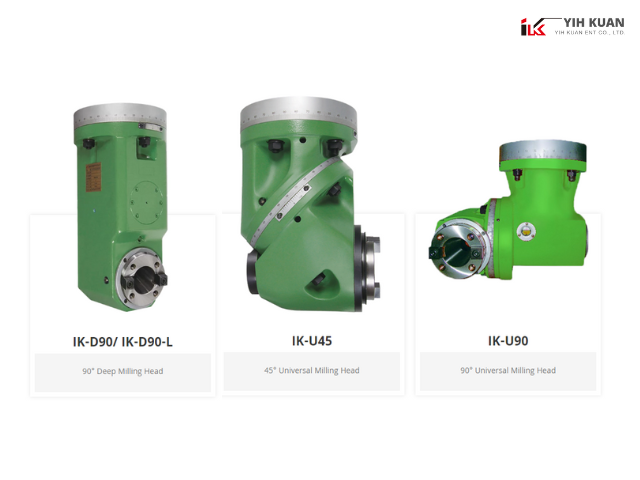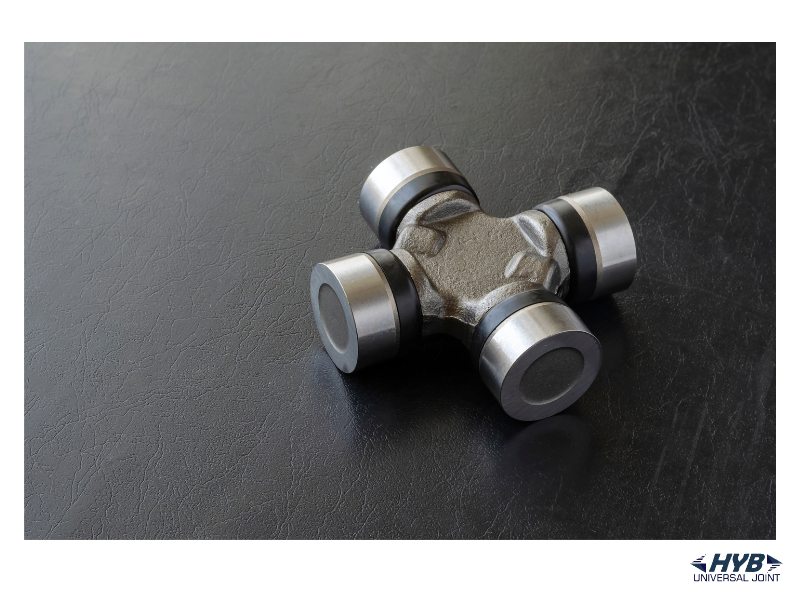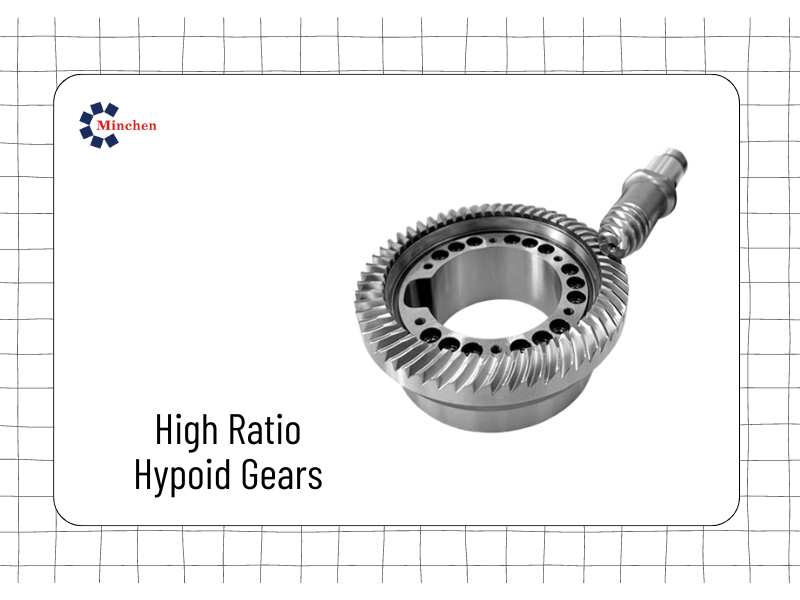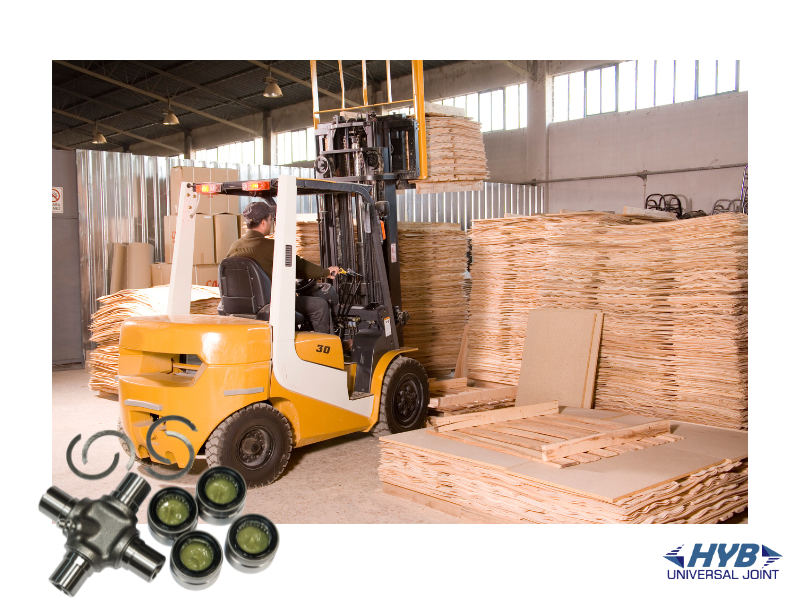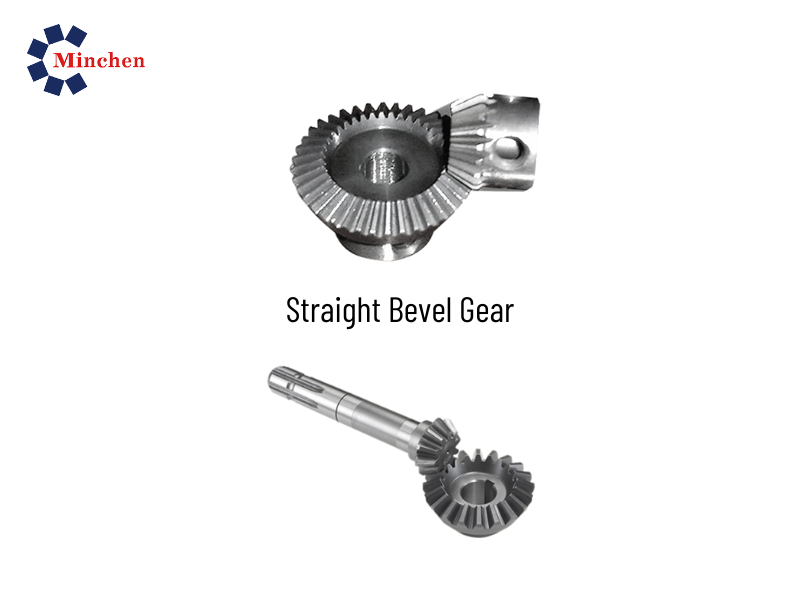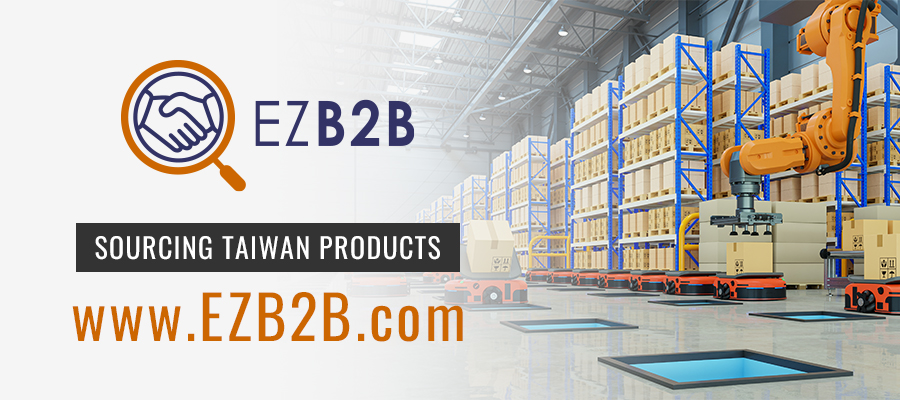Gantry-Type Cutting System-Dynamic 5-Axis vs. Cantilever Cutting Machine: Understanding the Differen
2024-07-03Machinery
In the world of precision cutting, selecting the right machine can make all the difference. Among the various types of water jet cutting systems available, the Gantry-Type Cutting System-Dynamic 5-Axis and the Cantilever Cutting Machine stand out due to their unique capabilities and applications. Both machines can be enhanced with abrasive materials (commonly referred to as "adding sand") to cut through tougher materials. This article explores the differences between these two water jet cutting systems, their applications, and the specific materials that benefit from abrasive-enhanced cutting.
Gantry-Type Cutting System-Dynamic 5-Axis
Overview:
The Gantry-Type Cutting System-Dynamic 5-Axis is a versatile and highly precise water jet cutting machine. Its design features a gantry structure, where the cutting head moves along a bridge supported by two vertical columns, allowing for a wide range of motion. The "Dynamic 5-Axis" capability refers to its ability to move in five different axes (X, Y, Z, and two rotational axes), enabling it to cut complex geometries with high precision.
Applications:
This water jet cutting system is ideal for applications requiring intricate cuts and complex shapes. It's widely used in industries such as aerospace, automotive, and art fabrication, where precision and flexibility are paramount. The dynamic 5-axis motion allows for the creation of detailed parts and components that would be challenging or impossible with simpler machines.
Advantages:
- High Precision: Capable of making highly accurate cuts with minimal errors.
- Versatility: Can handle a variety of materials and cut complex shapes.
- Efficiency: Ideal for large-scale production with consistent quality.
Materials and Abrasive Use:
When cutting harder materials like metals (steel, titanium), glass, ceramics, and thick composites, adding abrasive (typically garnet) to the water jet enhances the cutting power, allowing the machine to cut through these tough materials efficiently.
Cantilever Cutting Machine
Overview:
The Cantilever Cutting Machine features a simpler design compared to the gantry system. It has a single arm (the cantilever) that supports the cutting head, which moves along the X and Y axes, and sometimes the Z-axis, depending on the model. This design is more compact and generally easier to install and maintain.
Applications:
Cantilever water jet cutting machines are often used in applications where the material size is smaller, and the cutting complexity is less demanding. They are popular in industries like signage, tile manufacturing, and light metal fabrication, where straightforward cuts and ease of use are more critical than high complexity.
Advantages:
- Compact Design: Requires less floor space and is easier to install.
- Cost-Effective: Generally more affordable than gantry-type systems.
- Ease of Use: Simpler operation and maintenance.
Materials and Abrasive Use:
Like the gantry-type system, cantilever water jet cutting machines can also be enhanced with abrasives when cutting tougher materials. This is particularly useful for cutting metals, stone, and thick glass, ensuring a clean and precise cut even with challenging materials.
Key Differences Between These Two Water Jetting Systems
1. Design and Structure:
- Gantry-Type: Features a gantry design with dual support columns, offering greater stability and precision for complex cuts.
- Cantilever: Has a single-arm design, making it more compact and easier to set up but generally less precise for highly complex shapes.
2. Axis Movement:
- Gantry-Type: Offers dynamic 5-axis movement, enabling intricate and complex cutting paths.
- Cantilever: Typically provides 2-3 axis movement, sufficient for less complex cuts.
3. Applications:
- Gantry-Type: Suitable for high-precision industries requiring detailed and intricate cuts.
- Cantilever: Best for simpler, straightforward cutting tasks in smaller-scale applications.
4. Cost and Maintenance:
- Gantry-Type: Higher initial investment and maintenance requirements due to its complexity.
- Cantilever: More cost-effective with lower maintenance needs.
Conclusion
Choosing between a Gantry-Type Cutting System-Dynamic 5-Axis and a Cantilever Cutting Machine depends largely on the specific needs of your application. If your projects demand high precision, complex geometries, and versatility across a wide range of materials, the Gantry-Type Dynamic 5-Axis water jet cutting system is the ideal choice. However, for simpler, cost-effective cutting tasks with smaller material sizes, the Cantilever water jet cutting machine offers a practical and efficient solution.
Both machines benefit from the addition of abrasives when cutting harder materials, ensuring clean and precise cuts. Understanding these differences will help you make an informed decision, aligning your choice with your operational needs and production goals.
At Golden Automatic Co., Ltd., we provide cutting-edge solutions tailored to meet the diverse needs of our clients. Whether you need the advanced capabilities of a Gantry-Type Dynamic 5-Axis water jet cutting system or the simplicity and efficiency of a Cantilever water jet cutting machine, we have the expertise and technology to support your operations. Contact us today to learn more about how our water jet cutting systems can enhance your production capabilities.
